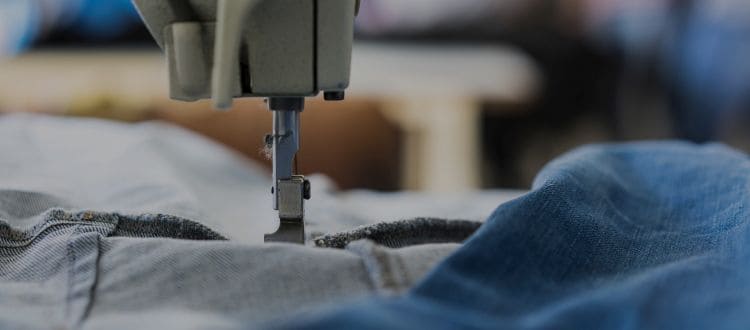Top 5 Trends in Apparel Manufacturing for Sustainable Fashion Brands
Sustainability has become more than just a trend in the fashion world—it’s now a critical part of how brands are expected to operate. Consumers are increasingly demanding transparency, eco-friendly practices, and ethically produced garments. For fashion brands, this means aligning their values with sustainable apparel production.
In this blog, we explore five key trends in sustainable apparel manufacturing and how brands can stay ahead of the curve with eco-friendly clothing manufacturing.
1. Sustainable Materials
Sustainable fashion starts with sustainable materials. Fabrics like organic cotton, recycled polyester, and Tencel are rising in popularity as they have a smaller environmental impact compared to conventional materials. Brands are choosing fabrics that are not only kinder to the environment but also have longevity and wearability.
At Zapclo, we offer custom clothing manufacturing using a variety of eco-friendly fabrics, helping fashion brands make more conscious decisions without compromising on style or quality.
2. Energy-Efficient Manufacturing Processes
One of the biggest shifts in apparel production is the adoption of energy-efficient practices. Manufacturers are investing in renewable energy sources and implementing production techniques that reduce water and energy consumption. These efforts contribute to lower carbon footprints and help meet global sustainability standards.
Zapclo leverages technology-driven manufacturing solutions that prioritize energy efficiency, ensuring that each garment is made with minimal environmental impact.
3. Low MOQ for Reducing Waste
Low MOQ production plays an essential role in sustainability by reducing the amount of unsold inventory, which often ends up in landfills. Small batch production allows brands to produce only what they need, making fashion more circular and reducing waste in the supply chain.
Zapclo’s low MOQs of 50 pcs/style enable fashion brands to produce the exact quantities they need, minimizing overproduction while staying agile in the market.
4. Transparency and Compliance
Consumers today demand to know where and how their clothes are made. Transparent supply chains, from sourcing to manufacturing, are crucial for building trust with customers. Brands are now working with manufacturers who can guarantee ethical labor practices, environmental compliance, and full visibility into the production process.
At Zapclo, transparency and compliance are at the core of our operations. We ensure that every garment is made in facilities that adhere to ethical standards and provide full visibility into every stage of production.
5. Tech-Enabled Manufacturing for Sustainability
Technology is playing a major role in making apparel production more sustainable. AI and data-driven insights are helping manufacturers like Zapclo reduce waste, optimize resources, and forecast demand more accurately. This not only cuts down on unnecessary production but also ensures brands can meet demand with precision.
Conclusion
Sustainability is not just a trend—it’s the future of fashion. Brands that adopt sustainable apparel production practices will be better positioned to thrive in an increasingly conscious market. Whether you’re looking for eco-friendly fabrics or low MOQ solutions, Zapclo is here to support your journey toward a more sustainable fashion brand.



